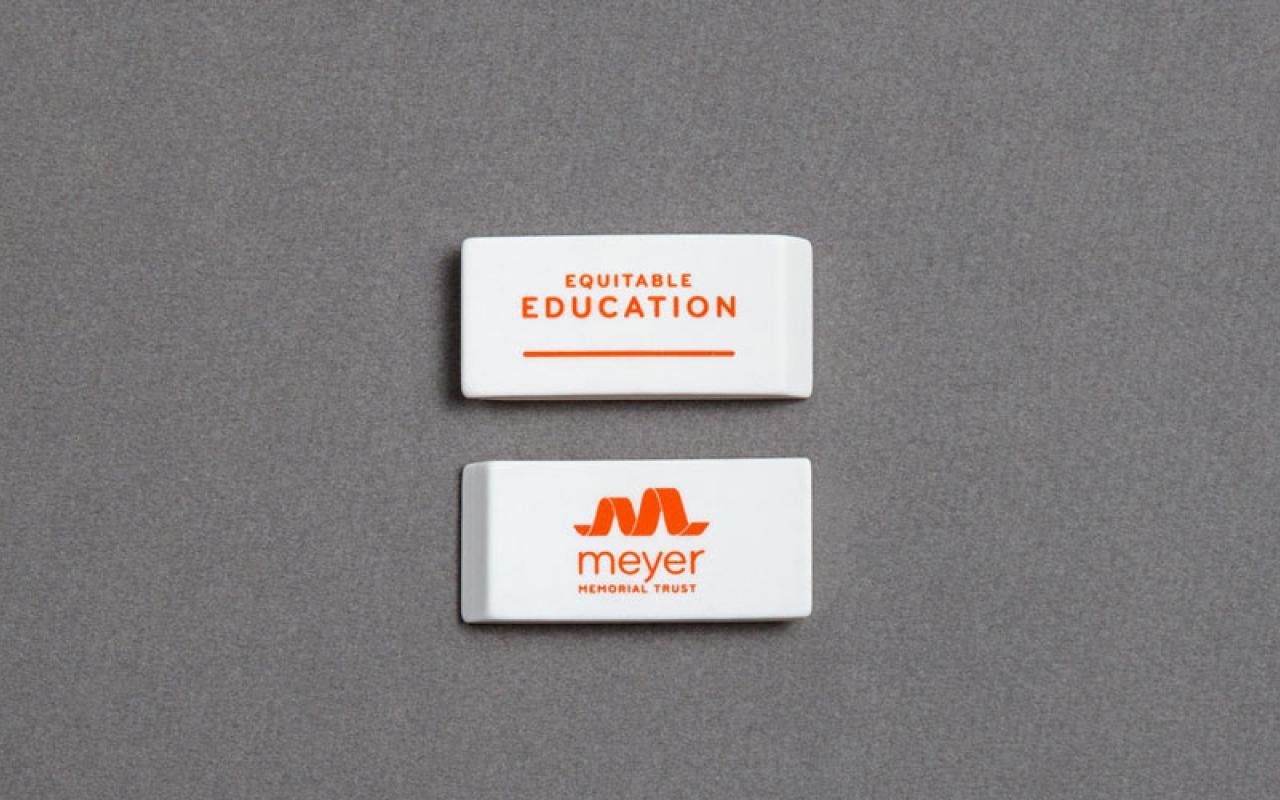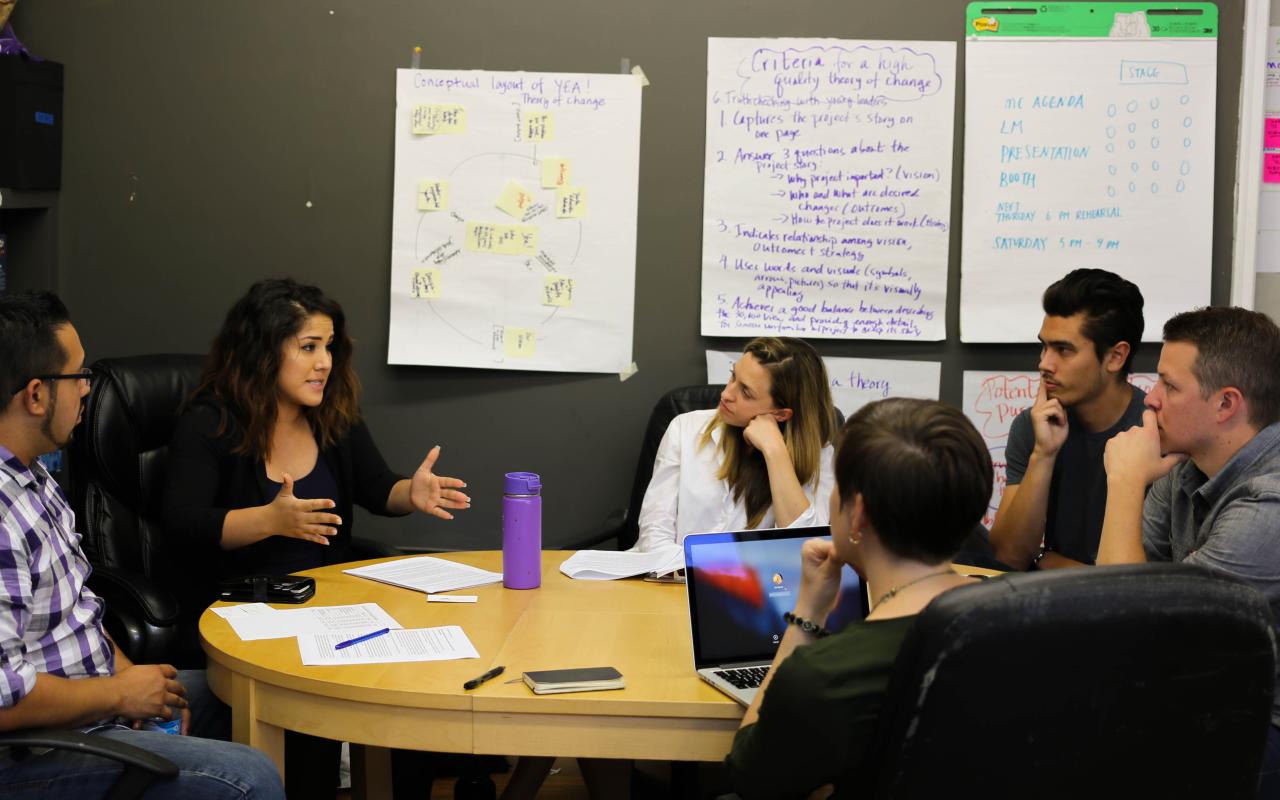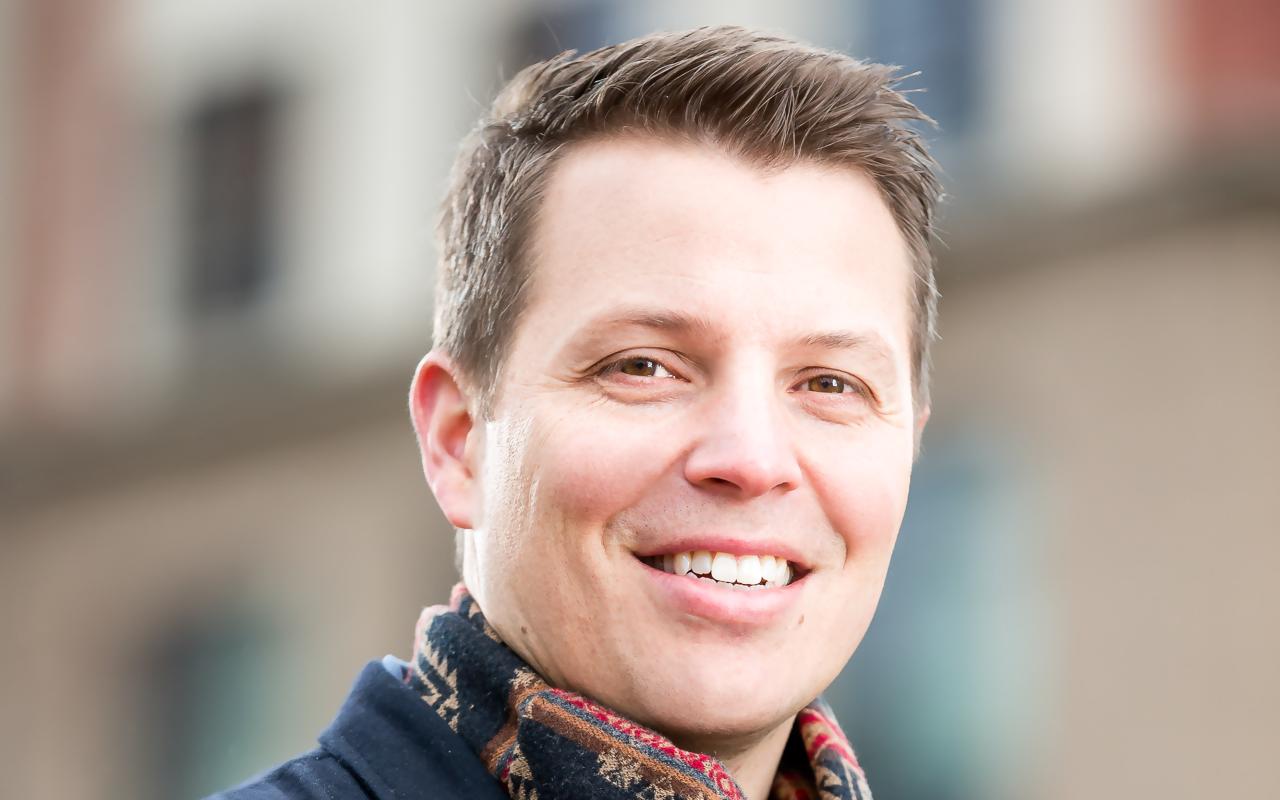Launching Equitable Education at Meyer
After nearly a year of planning and engagement, we are excited to announce the launch of Meyer’s newest portfolio, Equitable Education.
In early 2016, Meyer staff began engaging stakeholders across Oregon, including educators, education advocates, parents, community partners and former and current grantees. Much of what we heard came as no surprise: Oregonians are deeply passionate about education and the future of our state. However, despite the high value placed on education, Oregon’s public education system faces significant challenges that we believe present us with new opportunities for innovation, partnership and community participation.
A vision for Equitable Education in Oregon
Our vision for Equitable Education is that all students have an opportunity to access meaningful public education. We believe Equitable Education offers Oregon students an opportunity to realize their goals of increased academic achievement by removing the disparities at all levels of the education continuum: Students enter school ready to succeed, are reading at benchmark by third grade, are on track for graduation when they enter high school and graduate high school with a plan for postsecondary and career success.
In service to this vision, the Equitable Education portfolio will focus on three key goals.
-
Build a unified movement to advance equitable education
-
Create systems- and policy-level impact
-
Improve student achievement and college and career readiness
Building a unified movement to advance Equitable Education
The underpinnings of any success is the collective mobilization of committed and unified individuals toward a common cause. Quality public education in Oregon is our promise to current and future generations. Improving student achievement, postsecondary completion and career readiness must occur throughout the state, not just in resourced pockets or single communities. Oregon faces deeply entrenched and complex education issues and requires thoughtful, community-based collaborative approaches to ensure all students have access to an excellent education.
Under this goal, Meyer will support a broad-based movement for equitable education that mobilizes the power and potential of students, families, communities and organizations toward unified action, meaningful change and education opportunity for all.
Creating systems- and policy-level impact
Public education institutions, policies and leaders are not meeting the educational needs of all students in Oregon and do not reflect the diversity of needs or the rich array of cultures and traditions that communities bring to support families and children. To create the system change needed at all institutional levels, Meyer will partner with communities and organizations to build the capacity to affect change by supporting initiatives that demonstrate potential for positive policy- and systems-level impact in Oregon’s public education system.
Improving Student Achievement and College and Career Readiness
Meyer seeks to keep student needs at the center of the Equitable Education portfolio’s focus, partnering with communities, organizations and institutions that build, expand and innovate to support student success. This goal also supports cross-sector collaborations between businesses, industry and employers and education and community-based organizations to prepare students for meaningful careers.
Meyer will invest in and support strategies and partnerships that improve Oregon student achievement at key benchmarks by prioritizing initiatives that eliminate disparities and close gaps in education opportunities and outcomes.
Our priorities
In a flourishing Oregon, Equitable Education means that each student — regardless of race, ethnicity, family income, geography, disability or language — has the opportunity to succeed in school.
Investments in the Equitable Education portfolio will reflect a mix of rural and urban grantees that offer, through an equity lens, a vision and approach to analyzing current disparities and directly addressing how to eliminate those disparities so that all students in Oregon have the opportunity to obtain a meaningful public education.
Investments will be targeted toward priority populations, including:
-
Underserved communities of color
-
English Language Learners (ELL)
-
First-generation postsecondary students
-
People living in poverty
-
People with disabilities
In rural communities, the Equitable Education portfolio seeks to support projects designed to improve outcomes for priority student populations experiencing disparities in education opportunity and achievement.
In addition to targeting communities experiencing educational disparities, the Equitable Education portfolio will work to engage these communities, and the organizations and institutions that serve them, in convening, collaborating, decision-making and other portfolio-related activities.
Join us
The education opportunity gap in Oregon has persisted for too long. As the Equitable Education portfolio maintains Meyer’s 34-year tradition of aligning philanthropic investment with the capacity of local communities to address important issues, we are committed to removing barriers through partnership with communities and organizations committed to building meaningful public education for all students. We invite you to take a deeper look at our funding goals and strategies and consider joining us in this important work.
— Matt




